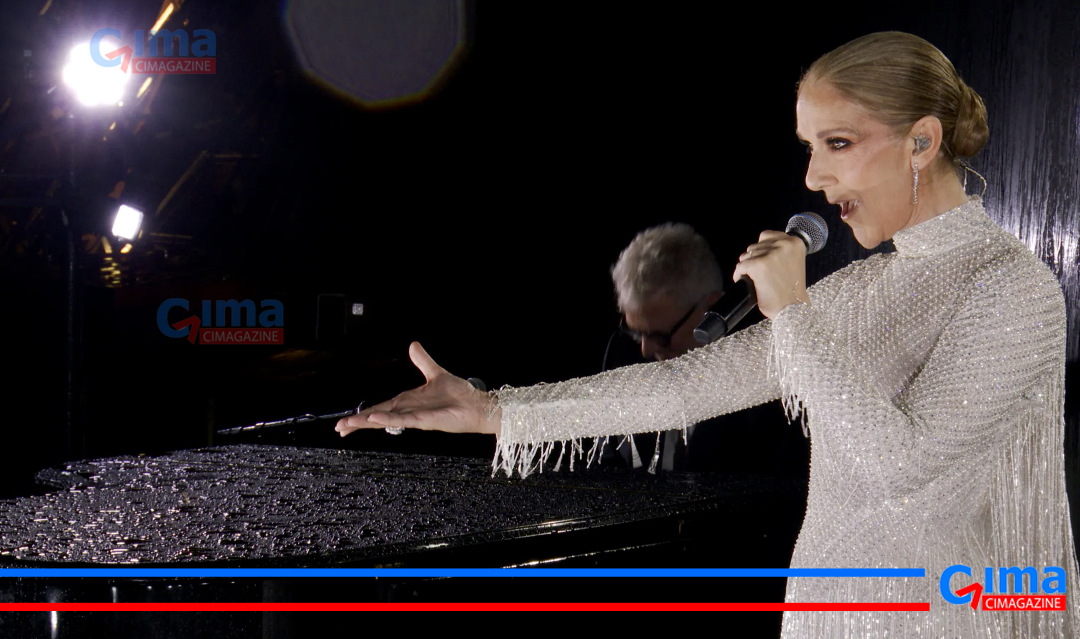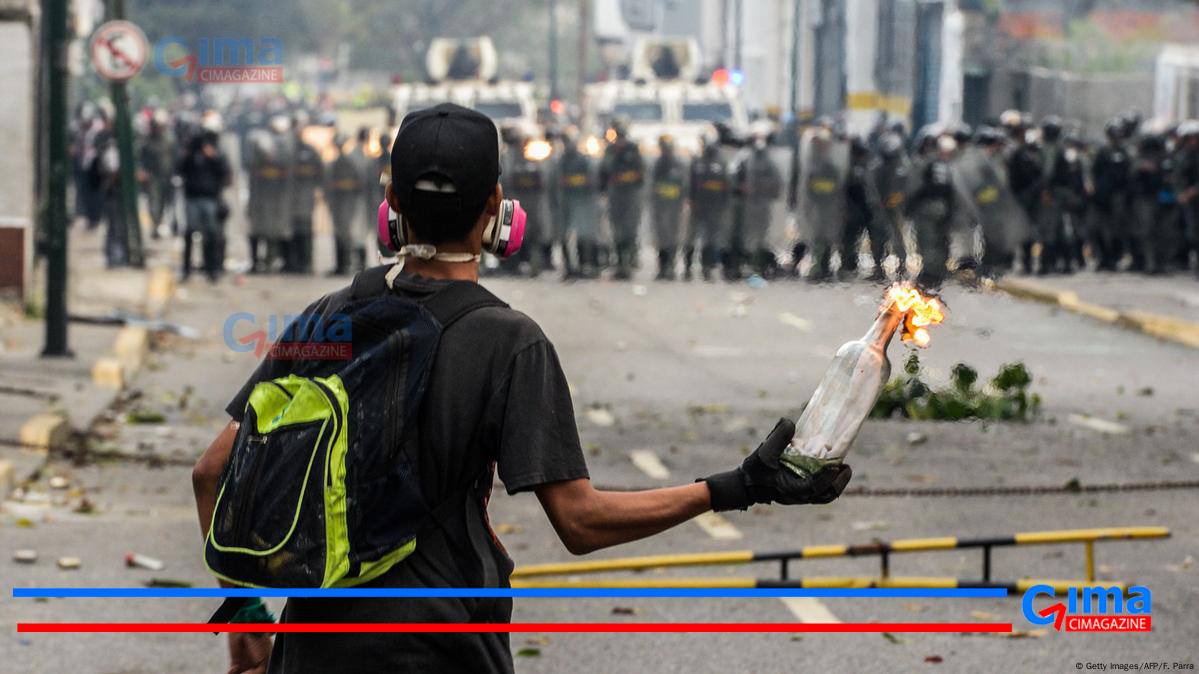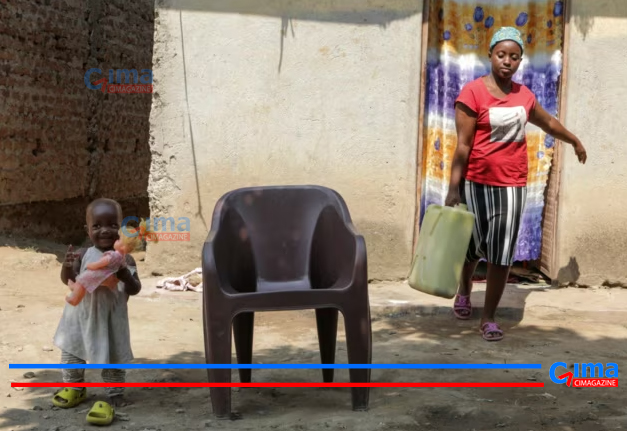Gaël Faye's new book, Jacaranda, at the crossroads of a novel and a solid historical document, is a complete success. The author, already very noted for his first novel Petit pays (Prix Goncourt des lycéens 2016), evokes, through four generations, Rwanda, the genocide of the Tutsi ethnic group in 1994 from which his mother comes and the repeated exiles of these inhabitants. His text is precise, perfectly mastered and touching.
by Gaël Faye: the roots of horror in Rwanda and the promises of a peaceful country


One day in 1994, Milan, a Franco-Rwandan, a schoolboy in Versailles, saw Claude, a young Rwandan, arrive at his house. He arrived without any luggage and with a terrible fright. He suffered a wound to the head caused by a machete blow. He had suffered and seen the horrors of the genocide committed by the Hutu which decimated the Tutsi, the other ethnic group in the country.
Venancia, Milan's mother, a Rwandan, never says a word about what she experienced in her country before arriving in France and her father puts up with this stubborn silence. Later, Milan will go to Rwanda against his mother's wishes, will find Claude and members of his family. There, the one his friends describe as "white" and Claude will mobilize to restore dignity to the victims and survivors.
READ ALSO: Genocide in Rwanda: thirty years to bring out the truth
Four generations express themselves in this text
Gaël Faye ( P etit pays , Goncourt des lycéens 2016), singer-songwriter (Révélation scène de l'année at the Victoires de la musique 2018), now lives in Kigali, the capital of Rwanda. He returns to Rwanda, the subject of Petit pays and details with infinite care, across four generations, the oppression exercised by the Hutu on the Tutsi in 1959, 1961 and 1963 and the exoduses that were imposed on the latter.
He also analyzes the consequences, today, of the genocide, "of the sacrifices and the bloodshed" through the stubborn silence of his mother, the strength of Eusébie, another Rwandan who remained in the country, a hard worker, whose desire for social advancement turns into tyranny over Stella, her daughter, a teenager who, in spite of herself, "comes from a history that taught her to swallow her emotions, to let her tears flow in her belly" . This young woman finds comfort with Rosalie, her grandmother who lived in exile in Burundi, and by isolating herself in the jacaranda, a magnificent tree with purple flowers, in her mother's garden.








